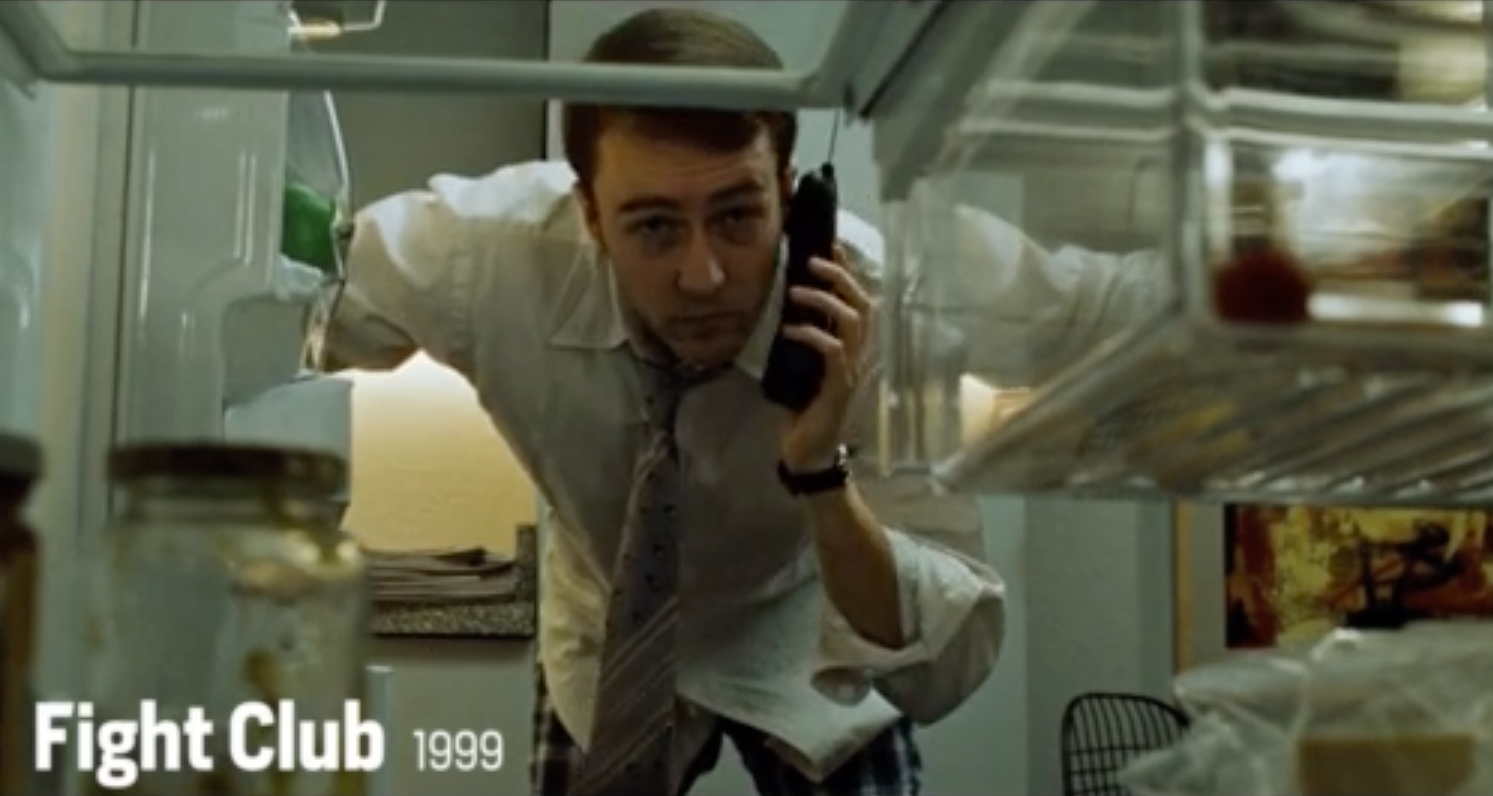David Fincher has a serious thing for fridges
'How embarrassing, a house full of condiments and no food.'

Your support helps us to tell the story
From reproductive rights to climate change to Big Tech, The Independent is on the ground when the story is developing. Whether it's investigating the financials of Elon Musk's pro-Trump PAC or producing our latest documentary, 'The A Word', which shines a light on the American women fighting for reproductive rights, we know how important it is to parse out the facts from the messaging.
At such a critical moment in US history, we need reporters on the ground. Your donation allows us to keep sending journalists to speak to both sides of the story.
The Independent is trusted by Americans across the entire political spectrum. And unlike many other quality news outlets, we choose not to lock Americans out of our reporting and analysis with paywalls. We believe quality journalism should be available to everyone, paid for by those who can afford it.
Your support makes all the difference.The refrigerator might not at first glance look ripe for cinematic exploration, but David Fincher has used them to give an impression of characters’ personality, unfold narratives, initiate chases and much more.
Danish film magazine De Filmkrant dug a little deeper and found fridges bloody everywhere in his oeuvre, in almost every single one of his movies (and commercials) in fact.
In Fight Club the fridge caused the protagonist’s apartment to explode (“how embarrassing, a house full of condiments and no food”), in Se7en it resulted in a new lead and in The Game it was empty, telling Michael Douglas’ character that the house itself was fake and a trap.
In The Girl with the Dragon Tattoo its emptiness signified a less than warm welcome, in The Curious Case of Benjamin Button its arrival was a sign of domestic bliss and in Zodiac it showed how scatty and distracted Jake Gyllenhaal’s Robert had become because of his case.
“A character can go from a student’s mini fridge to a more grown-up version, but still stock only beers, signifying [Mark Zuckerberg’s] lack of development,” De Filmkrant said of The Social Network, while "the contents can reveal one character’s meticulous planning and another’s disregard for it” in Gone Girl.
There was a key fridge in Panic Room too, and even Alien 3 if you count the morgue.
“The point isn’t that this is some kind of trademark - Fincher’s version of the Hitchcock cameo although as a symbol it does tie in nicely with his penchant to question and corrupt traditional domesticity,” the magazine concludes, “but the bigger point, I think, is that Fincher uses every opportunity he gets to tell a little part of his story.”
While Fincher remains obsessed with the refrigerator, Wes Anderson's love affair continues with symmetry.
Join our commenting forum
Join thought-provoking conversations, follow other Independent readers and see their replies
Comments